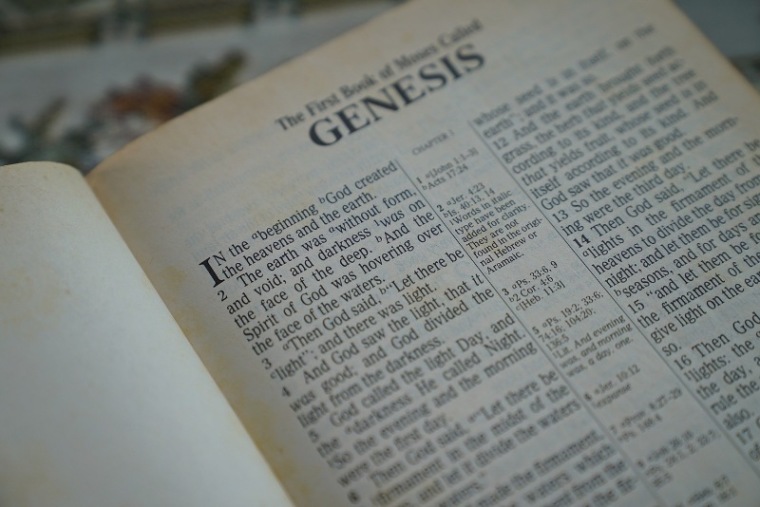
Too often we take away the awe factor of the beauty of Genesis; a sovereign God deciding to create the beauty that is this earth.
The Bible teaches us, “No eye has seen, what no ear has heard and what no human mind has conceived” the things God has prepared for those who love him.” (1 Corinthians 2:9 NIV)
I remember godless cynic, Richard Dawkins, saying on a QandA episode many years ago when asked about the nature of heaven, “why would you want more than this world? It is beautiful!”
He is right!
This world is beautiful but there is so much more to it because there is so much more to God.
If we create limitations on God, we really create limitations on ourselves because we lose the wonder of God, and if we start to lose wonder, we leave ourselves open to losing hope.
I believe the very day you start to lose hope is the day you start to die.
What keeps a man who is fighting for his life out in the deepest darkest jungles? Hope.
He has hope.
When we lose that wonder of who God is, we too lose hope and then we start to die.
But I believe we lose that wonder when we add to the Genesis story.
Let’s have at look at Genesis chapter 1, The Beginning.
Verse 1, “In the beginning God created the heavens and the earth.”
The beauty of that story is that a God who is exceedingly above more than we can ever see, created this beautiful universe that we have. Doesn’t that make you go “wow”?
It also says in Genesis chapters 1-3, the universe was created in seven days.
This is a source of controversy both in the church and in the world.
If you believe the godless science, you would believe the age of the universe is 13.7 billion years according the NASA, by looking at the age of the stars.
But here is the thing, no one really knows how old the universe is, unless you can prove it, it is a silly argument to get into.
Many Christians have also bought into the notion of old universe.
They look at the account of Genesis and say, “well it was not seven ‘literal’ days” because if you read the Hebrew the word they use for ‘day’ means a period of light between two periods of darkness which does not equate to a 24-hour day.
The problem with that viewpoint is that same word in Hebrew is also used to describe the historical narrative in Genesis chapter 12 through to 50, most of Exodus, much of Numbers, Joshua, 1 and 2 Kings.
To believe that Yom does not mean a 24-hour day you have to believe that David was King of Israel for a very long time! Certainly a lot longer than the average life expectancy was in Pre-Christian Middle East.
Then there is the fact God created dry land and vegetation, seed bearing plants and trees on the land that bear fruit with seed in it on the third day.
The problem is Adam did not turn up till the sixth day.
If these days are not 24-hour days then we have no humans to look after the vegetation that would overgrow.
God did not invent mind and say, “Adam I give you this overgrown earth now you better work out how to invent a lawnmower.”
Let’s take God at his word
When you add to the Genesis story you start to add and question the only reliable data that we have about God.
You either believe the Bible is God’s holy book or it’s not.
Now let’s consider the earth is young
Let’s consider that God really took seven days to create the earth.
To be honest, God could click his fingers and everything we see could already be created. Why did he take all day to separate the light from the dark?
To show us how we are to live.
Humans largely work five to six days and have a day of rest.
On the seventh day God rested.
God does not need to rest, he is all-sufficient, but he rested to show us that we are not meant to work all the time, but we need to take a day to rest and appreciate the wonder of who he is.
Why don’t we consider that today?

Ben Kruzins is the Campus Pastor of The Hub Baptist Church in Ocean Shores on the North Coast of New South Wales. He is also a Journalism graduate who has written articles in The Canberra Times and The Sydney Morning Herald.